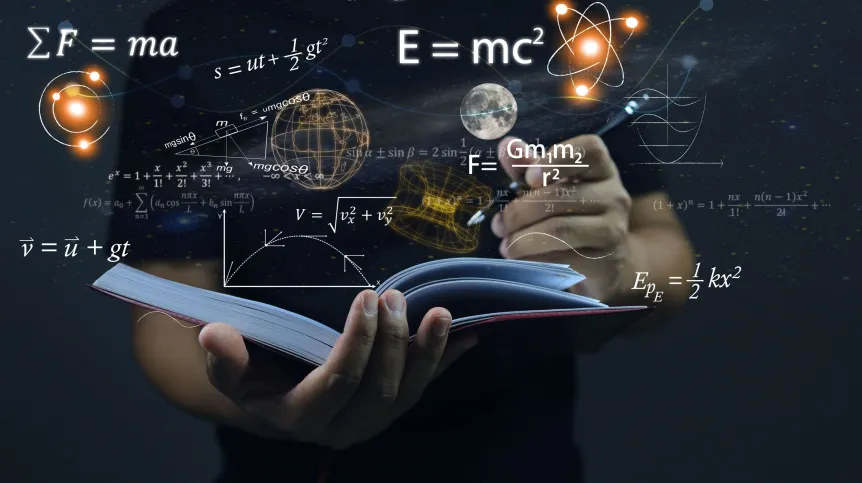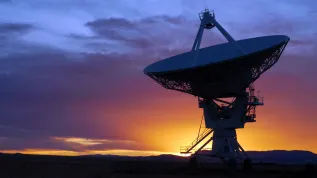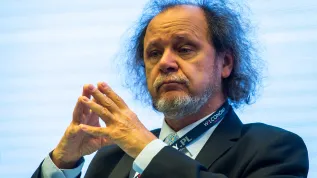
Young Polish physicists took third place at the International Young Physicists' Tournament in Budapest.
As the University of Warsaw reports on social media, the young physicists’ success was achieved thanks to 'students and scientists from the University of Warsaw: Jan Turczynowicz (student of the Faculty of Physics at the University of Warsaw), Radost Waszkiewicz (doctoral candidate at the Doctoral School of Exact and Natural Sciences at the University of Warsaw), Dr. Łukasz Gładczuk (graduate of the Faculty of Physics at the University of Warsaw), who prepared the winning team for the tournament', we read in the post.
The team of high school students from the Fenix Science Club included: Paweł Ptaszek (team captain), Antoni Kujawski, Zofia Lamęcka and Maksymilian Ogiela.
'The participants worked all year on solving 17 scientific problems. Their task was to propose a theoretical model and test the theory by conducting appropriate experiments. This year, they tried to contactlessly measure the conductivity of a metal cylinder and designed a system to measure the smallest possible electric charge. They also investigated what determined the speed of rupture of a soap film and how paper placed on the surface of water curled', says the Fenix Science Club.
The tournament took the form of debates, and the task of the speaker was to present a solution to the posed problem. The opponent chose the presented problem and tried to find gaps in its solution, while the reviewer summed up the discussion. 'Teams from 38 countries participated in this year's tournament. After five days of exciting battles, the Polish team won all the elimination matches, qualifying for the 'wild card' finals, in which they faced Ukraine, Taiwan and Singapore', says the Fenix club report.
'The participants worked all year on solving 17 scientific problems. Their task was to propose a theoretical model and test the theory by conducting appropriate experiments. This year, they tried to contactlessly measure the conductivity of a metal cylinder and designed a system to measure the smallest possible electric charge. They also investigated what determined the speed of rupture of a soap film and how paper placed on the surface of water curled', the Fenix Science Club adds.
The success of the young Poles was possible thanks to the support of numerous institutions, including: Caladan, the Polish Physical Society, the Institute of Physics of the Polish Academy of Sciences, the Faculty of Physics of the Warsaw University of Technology and the Ochota na Naukę project. (PAP)
PAP - Science in Poland
bar/ kap/
tr. RL













